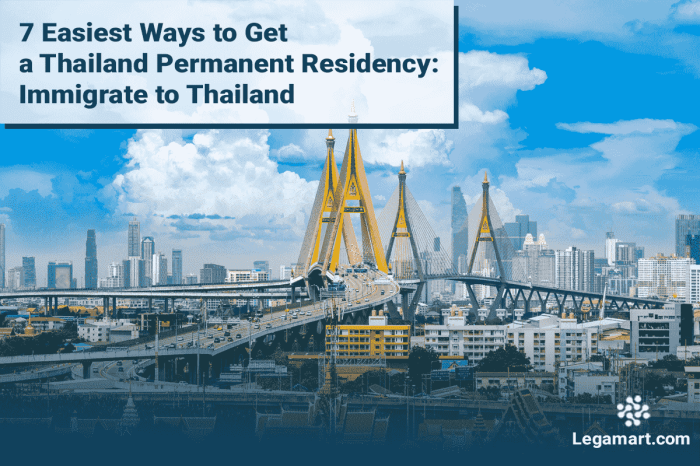Thailand
We represent clients from all around the world in Thailand every year. We see the globe as having no borders and are unafraid of language hurdles or time zones.
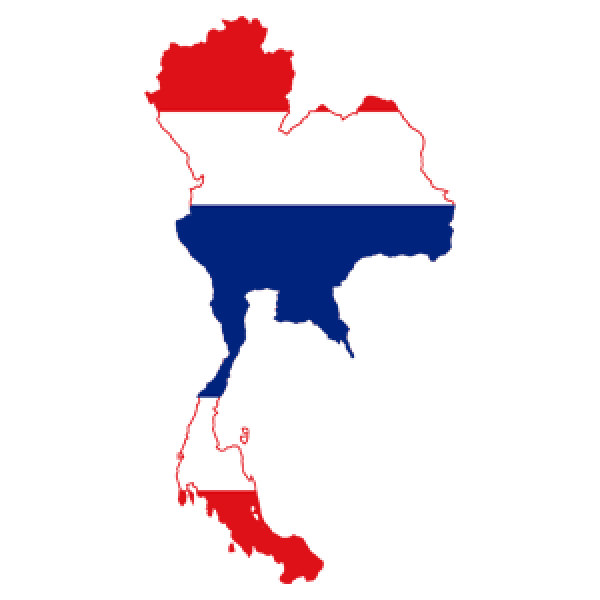
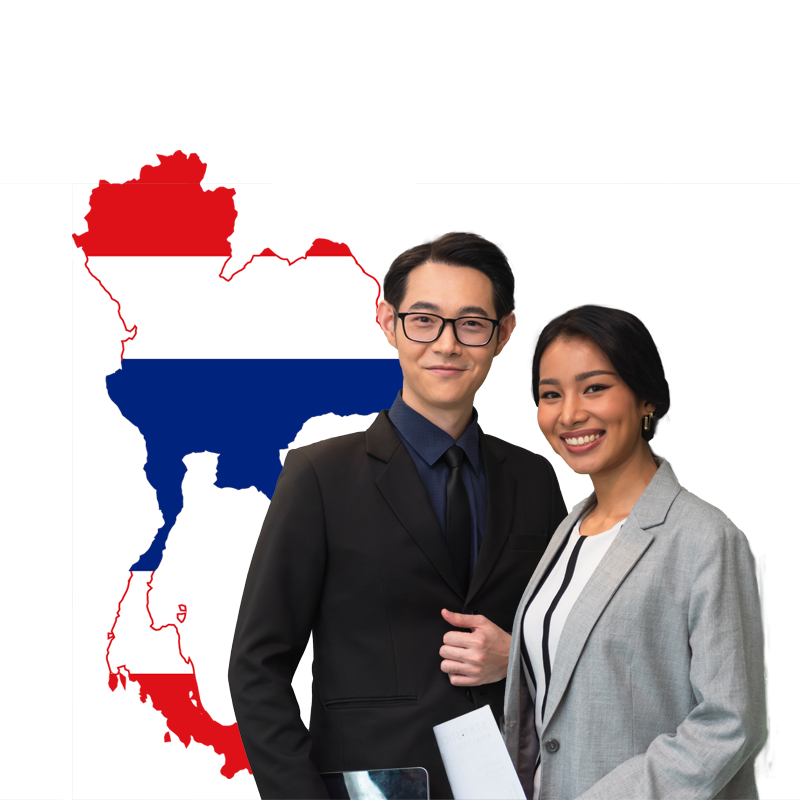
LegaMart Lawyers in Thailand
Legal Industry in Thailand
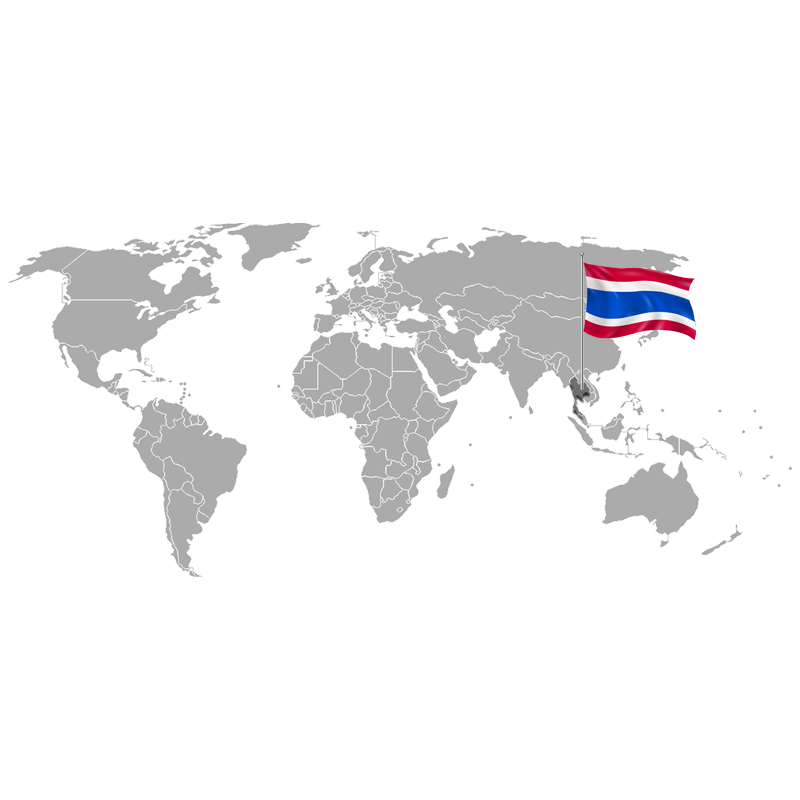
Articles about Law in Thailand
Tell us more about your problem.
Please give a brief description about what it is you need to talk to our lawyers about ?
Most common legal demands in Thailand
Legal Market Overview in Thailand
Over the last four decades, Thailand has made remarkable progress in social and economic development, moving from a low-income to an upper middle-income country in less than a generation. As such, Thailand has been a widely cited development success story, with sustained strong growth and impressive poverty reduction. Thailand’s economy grew at an average annual rate of 7.5% in the boom years of 1960-1996 and 5% during 1999-2005 following the Asian Financial Crisis. This growth created millions of jobs that helped pull millions of people out of poverty. Gains along multiple dimensions of welfare have been impressive: more children are getting more years of education, and virtually everyone is now covered by health insurance while other forms of social security have expanded.
However, the growth prospects from the export-led model that not long ago powered so much of Thailand’s economic growth seem to have diminished significantly, owing to stagnation in productivity. Private investment declined from more than 40% in 1997 to 16.9% of GDP in 2019, while foreign direct investment flows and participation in global value chains have shown signs of stagnation. Structural transformation is unlikely to continue moving resources from agriculture to industry, as it once did. Manufacturing shows modest forward linkages but remains dependent on foreign inputs and faces increasing competition from regional neighbours. Travel and tourism, the country’s mainstay in services, present relatively fewer linkages and diversification prospects when compared to other service subsectors.
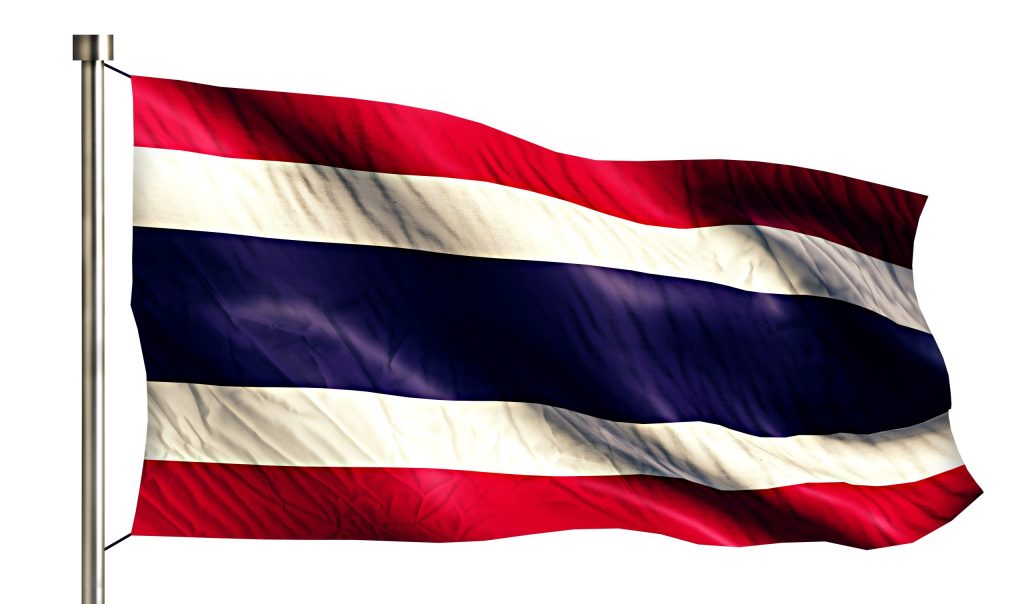

Thailand’s progress in poverty reduction has slowed from 2015 onwards, mirroring a slowing economy and stagnating farm, business, and wage incomes. Poverty is estimated to stagnate in 2021 amid slow labour market recovery and gradual phasing out of the government’s relief measures. A rapid phone survey by the World Bank implemented from April to June 2021 estimated that more than 70% of households experienced a decline in their income since March 2020, with vulnerable groups being hit hardest.
According to the Thailand Economic Monitor, GDP growth has picked up modestly since the surge in COVID-19 cases in 2021, but economic activity remained below pre-pandemic levels in the first quarter of 2022. The economy is expected to expand by 2.9% in 2022, one percent slower than expected in December 2021, but the recovery will strengthen in the medium term.
While poverty and unemployment are estimated to have declined over the past year, labor incomes have fallen, and household debt has increased to meet expenditure needs. The official unemployment rate declined to 1.5% in the first quarter of 2022 from 2.0% a year earlier. Poverty is estimated to have declined to its pre-pandemic level in 2021 after a slight increase in 2020 as the impacts of the economic slowdown were mitigated by covid-relief measures. Nevertheless, since 2019 the average labor income of Thai households has declined, and average household debt has increased by about a quarter, driven by loans for housing and education.
Thailand’s policy response to the COVID-19 pandemic was to bolster economic activity and support the livelihoods of the most vulnerable, which has centered on a 1.5 trillion baht off-budget fiscal package – about 9% of GDP – to fund cash transfers, the medical response, and economic and social rehabilitation. Large-scale cash transfer programs have been established to support vulnerable groups who would not otherwise have been covered by existing social assistance mechanisms.

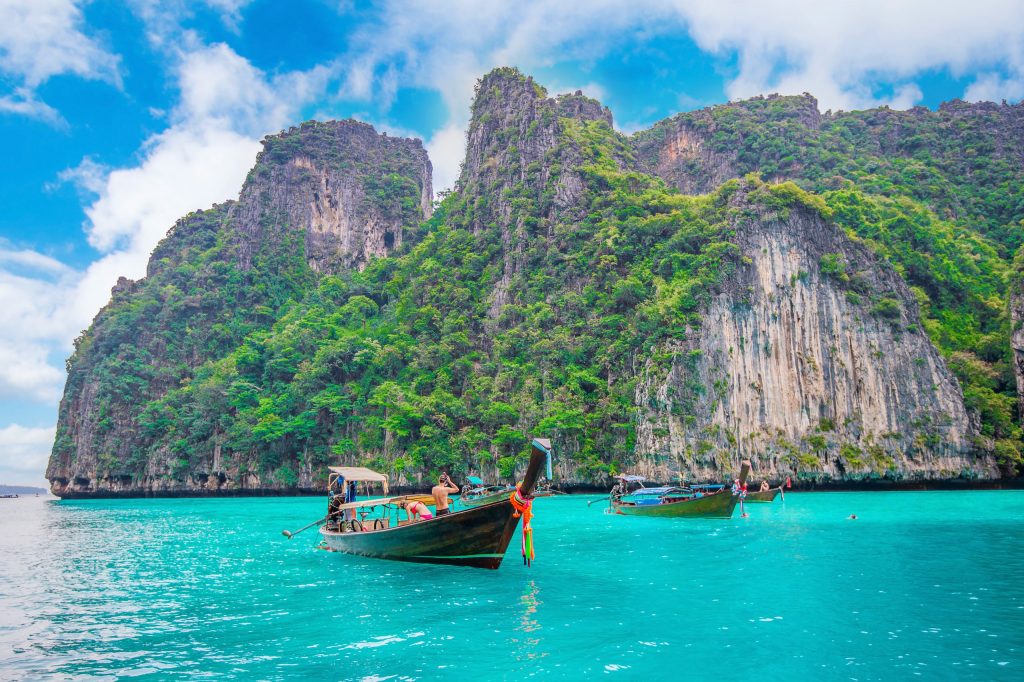
The global trajectory of the pandemic remains unpredictable. The emergence of new vaccine-resistant strains of coronavirus could affect domestic activity, goods trade, and the projected recovery in tourism arrivals. The economic fallout from Russia’s invasion of Ukraine could also last for longer than expected, with a more prolonged impact on prices likely to put further downward pressure on consumer demand. To sustain recovery, it will be important to rebuild fiscal buffers, monitor financial sector vulnerabilities, and explore more environmentally sustainable and efficient approaches to economic production. To bring back the momentum for poverty reduction, policy priorities would need to focus on expanding social assistance benefits for vulnerable populations. It is estimated that in the absence of the compensation package introduced by the government, poverty would have increased to 7.4% in 2020, instead of the actual 6.2%. Another wave of COVID-19 in 2021 has slowed the recovery with vulnerable groups bearing a disproportionate burden.
Thailand’s 2020 Human Capital Index (HCI) of 0.61 indicates that the future productivity of a child born today will be 39% below what could have been achieved with complete education and full health. Thailand is renowned for its universal health care program (UHC) and success in child nutrition, but the quality of education remains a weak point for the country’s human development. According to the Index, the country ranks high in quantity (expected years) of schooling and in the fraction of children not stunted, but low in education quality—measured by harmonized test scores. Social assistance schemes are fragmented, with untapped opportunities to modernize the level of benefits packages and efficiency.

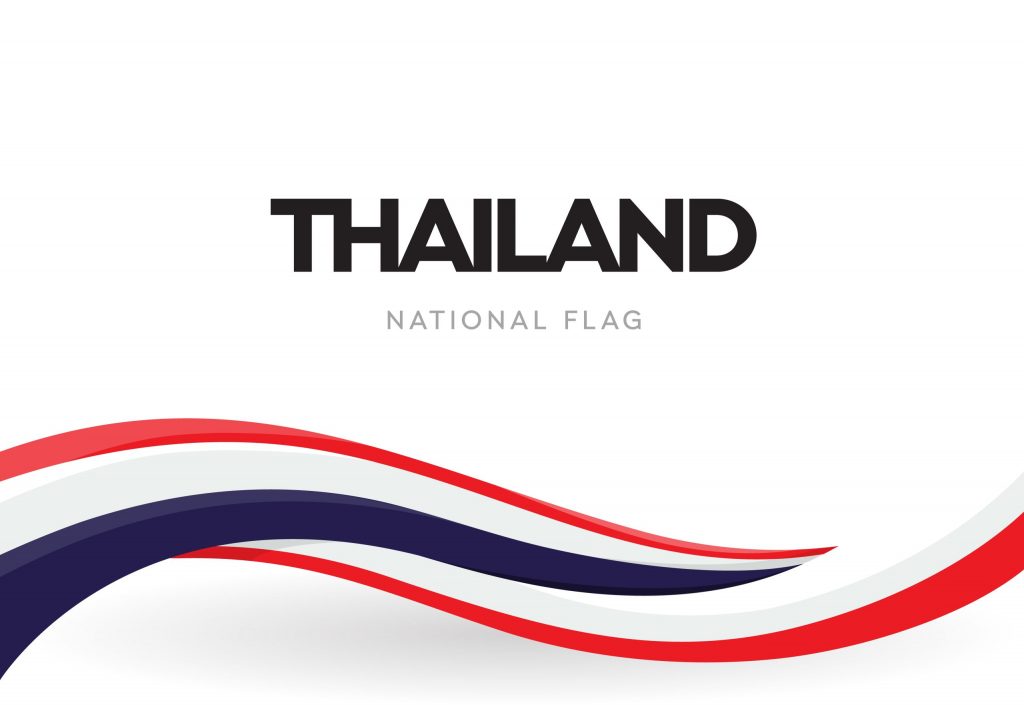
Aging will directly lead to increased spending needs, through rising public pension and healthcare costs. The combined fiscal costs of the Civil Servant Pension, the Social Security Fund, and the Old Age Allowance are projected to rise from 1.4% of GDP in 2017 to 5.6% in 2060. Long-term aged care and healthcare costs are also expected to rise. The International Monetary Fund (IMF) estimates that public expenditure on healthcare will increase from 2.9% of GDP in 2017 to 4.9% of GDP in 2060 due to aging. The absence of offsetting measures will make it more difficult to maintain fiscal sustainability, which will become a constraint on potential growth.
The increasing frequency of natural disasters is also a threat to sustained economic growth, as it has come at the cost of the environment and inclusion. Greenhouse gas emissions have risen markedly during this recent period of rapid growth, as has inequality between the country’s regions and firms.Thailand is a major marine plastic polluter on land, in river systems, and along coastlines. With the country’s National Action Plan on Marine Plastic Debris 2023-2027, and Bio-Circular-Green Economy (BCG Model), Thailand set out the goal to identify public-private-people mechanisms for plastic waste segregation and enhance plastics circularity.

According to the statistical information compiled by the Lawyers Council of Thailand
(as of December 7, 2018), the number of lawyers in Thailand countrywide, from January 1,
1986 through December 20, 2018, was 89,503. From that total number, the gender
breakdown consists of 60,837 male lawyers and 28,666 female lawyers. The number of
lawyers registered with the Lawyers Council of Thailand for each of the past 10 years are
listed in the table below.
Year Number of Lawyers Registered
2009 | 2,748 | 2012 | 3,087 | 2015 | 2,420 | 2018 | 5,589 |
2010 | 3,763 | 2013 | 3,200 | 2016 | 1,625 | ||
2011 | 2,048 | 2014 | 2,614 | 2017
| 3,314 |
As can be seen from the above table, there were 15,562 lawyers registered within the
past five years, and there were 30,408 lawyers registered with the Lawyers Council of
Thailand within the past 10 years.
At 80th place out of 140 countries and jurisdictions worldwide,Thailand’s rank decreasaed by 4 in global rank, in 2022 in comparison to 2019.
Frequently Asked Questions
Am I allowed to own any structure on land in Thailand?
Legally, any building is considered as being a part of land over which such building is constructed. However, a building may be considered as a separation part when it is a tenant of land who builds a building under a leasing agreement. Therefore, a foreigner may own any building on his rented land.
Antitrust enforcement against vertical mergers except in clear instances of anti-competitive harm threatens the primary form of exit by founders and entrepreneurs and their ability to reap the rewards of a successful investment. The overall empirical literature across fields suggests that most vertical mergers are pro-competitive and the presumptions regarding anti-competitive harm are (and should be) different than cases of horizontal mergers, where harm is more likely. Unfortunately, there are some populists who would abandon economic effects and decide merger policy based on other indeterminate factors. Such an alternative approach would threaten entrepreneurship and innovation.
It is common practice for employers to create their own employment contract templates, in Thailand?
The employer will decide what specific information to include in the contract, but the most important issues – such as the details of the parties, basic salary and job title – are usually included. Implied clauses are allowed.
Can a foreigner legally own a land in Thailand?
Normally, a foreigner cannot own land in Thailand; however, there are other alternatives exist for a foreigner to acquire land or property.
Are employment contracts commonly used at all levels? If so, what types of contracts are used and how are they created? Must they be in writing must they include specific information? Are implied clauses allowed?
Thai labour laws generally recognise oral employment contracts. Written
employment contracts are commonly used in medium and large organisations,
but employees of small businesses usually do not have a written employment
contract. Employees in agricultural sectors and rural areas also usually do not have a written employment contract.
Is there a contractual system that operates in parallel, or in addition to, the statutory sources?
Written employment contracts are not statutorily required under Thai labour law, except in a few industries such as fisheries. The parties are generally free to include in the employment contract other issues in addition to those covered by the statutes, such as confidentiality, non-competition, non-solicitation and other post-employment obligations. However, the parties cannot contract out the basic rights of employees which are protected under the laws.
Are there government regulations regarding foreigners doing business in Thailand?
Prior to conducting business in Thailand, Americans should be familiar with the restrictions on foreign businesses in Thailand, especially the Alien Business Law (ABL). Because of the Treaty of Amity and Economic Relations, American companies operating under the Treaty are exempt from many of the restrictions on foreign investment imposed by ABL; however, being familiar with ABL and other restrictions is important. Also known as the National Executive Announcement No. 281 of 1972, ABL restricts the business activity of aliens or non-Thai residents. “Alien” and “alien business” is defined as a natural person or juristic person without Thai nationality. This includes a business with at least one-half of the registered capital held by aliens. The three categories of restrictions are as follows:
Category A is completely closed to foreigners (with a few exceptions) doing business in certain sectors, most notably accounting, law and architecture.
Category B is closed to foreigners unless promoted by the Board of Investment. Category B sectors include fishing, printing, tour agencies and other businesses.
Category C requires an Alien Business License for retail, wholesale and other businesses. A complete list of restricted industries can be obtained upon request.While exempt from many of these regulations, American businesses are restricted from doing the following:
Owning land
Engaging in the business of inland communication
Engaging in inland transportation and communication industries
Engaging in fiduciary functions
Engaging in banking involving depository functions
Engaging in domestic trade in indigenous agricultural products
Exploiting land or other natural resources
What markets have opportunities for U.S. businesses in Thailand?
There are numerous opportunities for U.S. companies in varying industry sectors, including the following:
Automotive
Aviation
Defense and Security
Education Services
Franchise Service
Telecommunications
Medical Devices
Personal Care and Beauty Products
Food Processing and Packaging Equipment
Oil and Gas Equipment and Services
Environmental Equipment and Supplies
Electrical Power Systems (ELP)
How the document is drafted and executed will depend on the court and where the claimant or defendant is located?
Generally, if a claimant or defendant resides outside Thailand, the document will need to be notarized and authenticated by the local Thai Embassy or Consulate. This can often be a lengthy process, particularly if the claimant or defendant is a legal entity (e.g. a company), so planning ahead is essential, particularly if the claim or matter is time sensitive.
What are indigenous peoples’ rights in Thailand?
In February, ethnic Karen people protested in front of the Government House in Bangkok demanding to be allowed to return to their ancestral lands in Jai Pan Din village in Kaeng Krachan National Park, where they had lived for decades prior to being forcibly evicted in 2011. On March, 22 Karen villagers were arrested and detained in Kaeng Krachan National Park for trespassing. Lawyers were not allowed to be present during their interrogations.
What are Sexual and reproductive rights in Thailand?
In February, parliament amended the Criminal Code, making abortion legal up to the first 12 weeks of pregnancy. The term of imprisonment for women convicted of terminating their pregnancy after the first trimester was also reduced from three years to six months, but abortion after 12 weeks remained a criminal offence.
What is right to health in Thailand?
Thailand was hit by a third wave of Covid-19 infections in April, with the government’s slow vaccine roll-out cited as a significant contributory factor to this and other surges in infections during the year. Government records showed more than 20,000 people died from the virus. Approximately 87,000 cases were reported in prisons, exacerbated by poor hygiene and overcrowded conditions. At least 185 prisoners died as a result.


